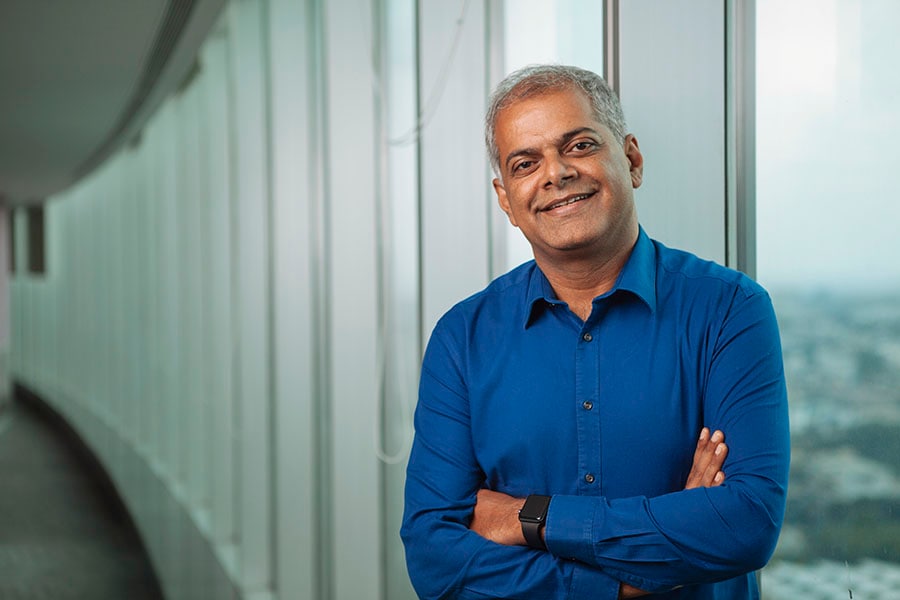
Ecommerce is at a nascent stage and I welcome new players entering the sector: Amazon's Manish Tiwary
The global ecommerce juggernaut's VP and country manager for India, Manish Tiwary, on how Amazon plans to unlock growth
 Manish Tiwary, country manager and vice president of India Consumer Business, Amazon India
Manish Tiwary, country manager and vice president of India Consumer Business, Amazon India
“We spent over nine years here. Internally we always say it's still Day Zero because we have hardly scratched the surface.” Manish Tiwary, who is the country manager and vice president of Consumer Business at Amazon India, shares his views on the India market, old and new competition, and emerging disruptive trends redefining how consumers shop on the Internet.
Edited excerpts.
Q. What is your view on this festive season or Fifth Quarter, as it’s informally known, and the Indian market in the next few months?
The last few years have been very difficult for everyone personally, professionally and on the income front. In some ways this festive season will unlock our next level of customers and consumption and that's how we are looking at it. In Amazon, we have a saying: Focus on the input. You can't control the output. That's what we're focused on.
At this stage, the country is sort of leapfrogging and in every way - you look at the digitization, the payment industry, the startup culture, the digital culture. As we move towards this goal of the $5 trillion economy, I think we have a few things which make me personally very optimistic. One is the age profile, the income profile and, more importantly, the spirit of entrepreneurship and the resilience which all of us as consumers and as professionals have.







